

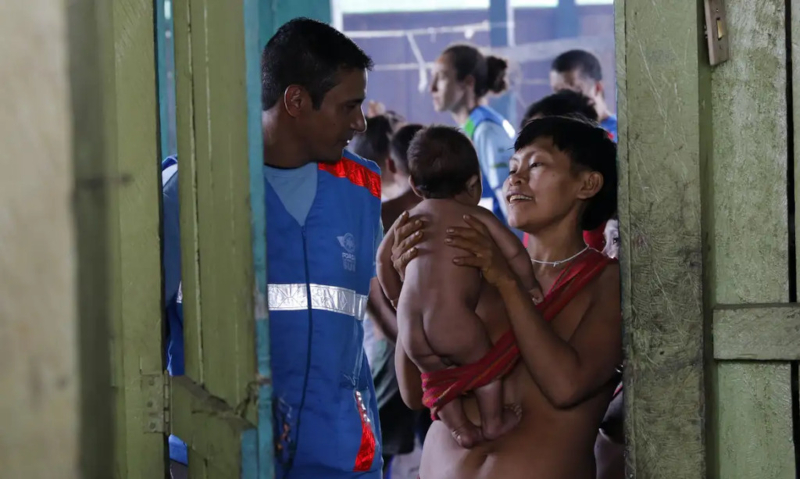
In an opinion piece in the British Medical Journal, researchers propose incorporating local knowledge as a strategy for adapting to extreme events and food insecurity.

In an opinion piece in the British Medical Journal, researchers propose incorporating local knowledge as a strategy for adapting to extreme events and food insecurity.
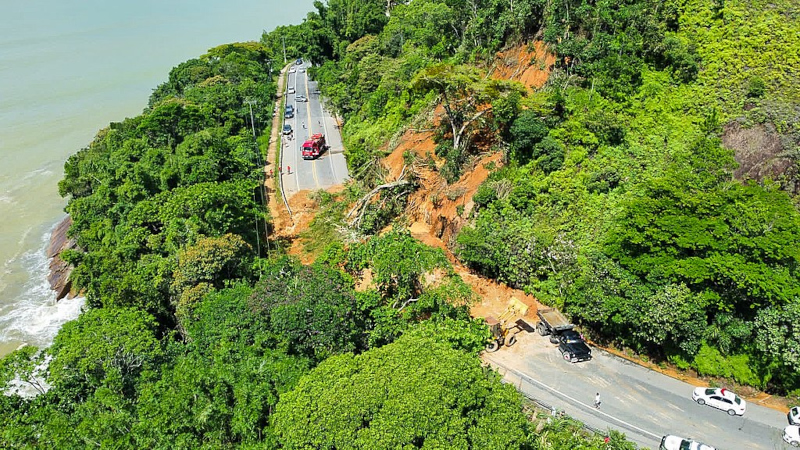
Strategy formulated by Brazilian researchers objectively defines the weight of each contributing factor and was validated based on inventories of landslides that killed 65 people on the northern coast of São Paulo.

Strategy formulated by Brazilian researchers objectively defines the weight of each contributing factor and was validated based on inventories of landslides that killed 65 people on the northern coast of São Paulo.
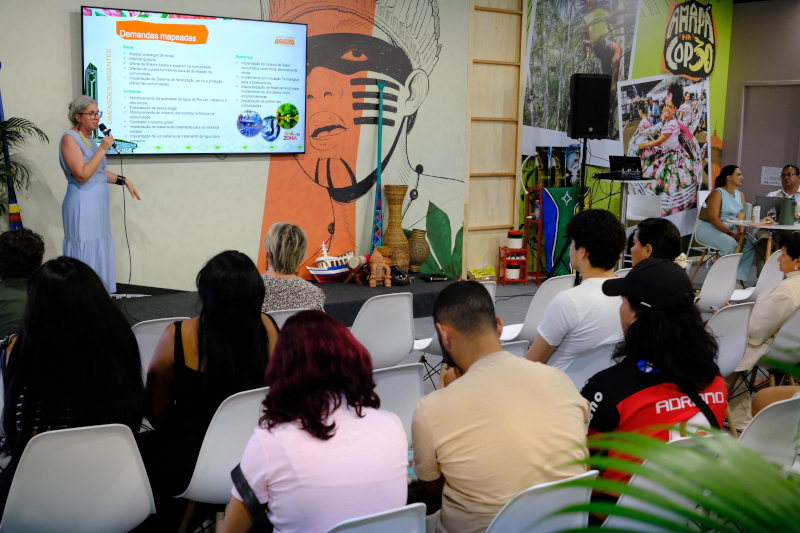
Researchers from the Amazon+10 Initiative begin presenting their initial findings in the social, environmental, and economic areas.
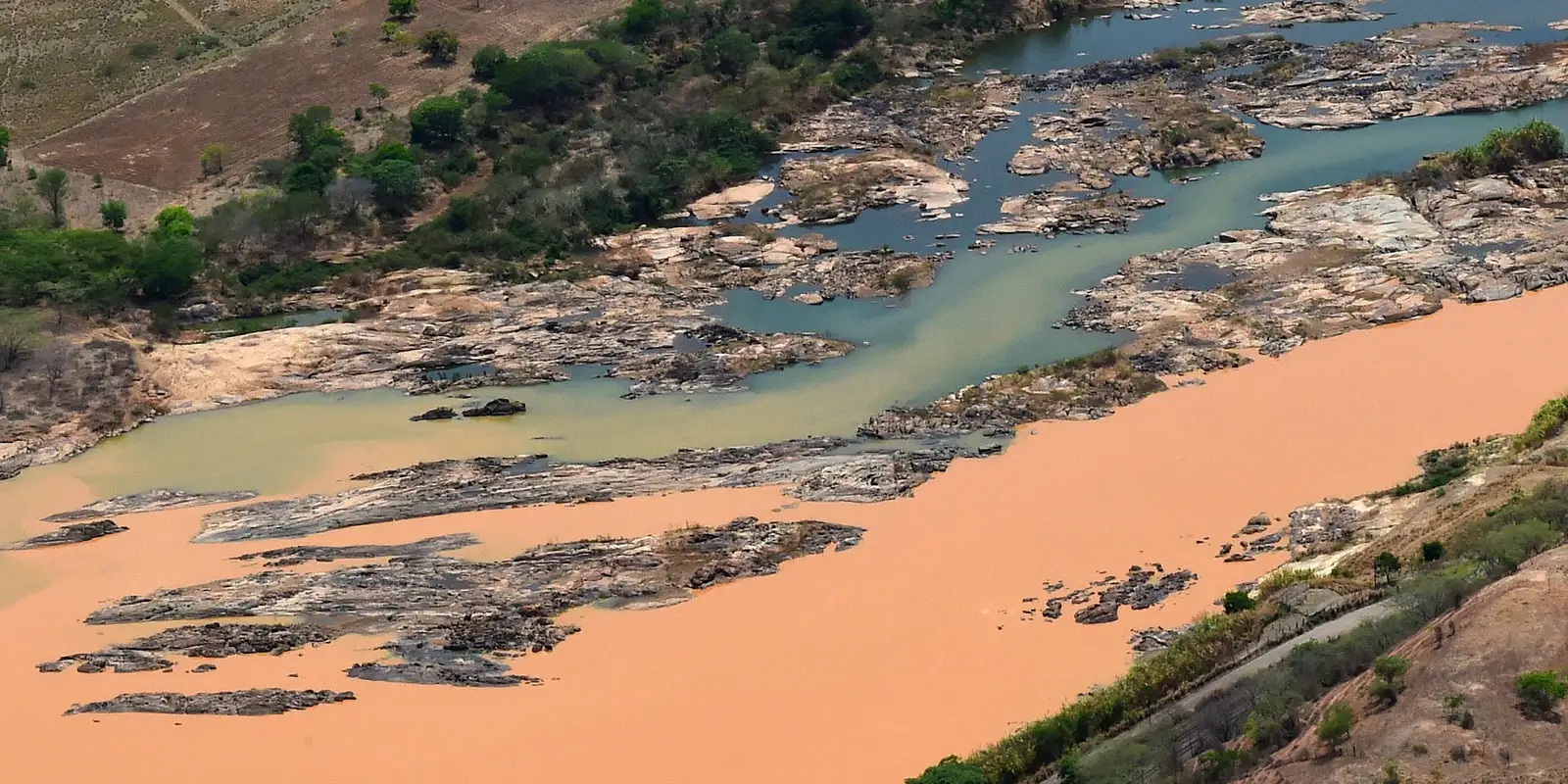
A comprehensive analysis conducted in 2019 detected the accumulation of 13 heavy metals and other toxic substances, advising against consumption due to risks to human health.

A comprehensive analysis conducted in 2019 detected the accumulation of 13 heavy metals and other toxic substances, advising against consumption due to risks to human health.
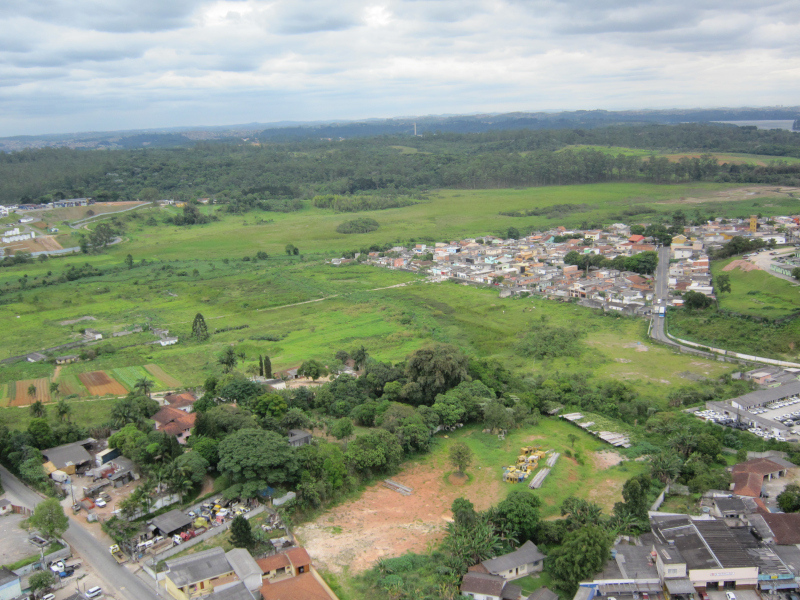
Researchers from a FAPESP-supported research center point to 410,000 hectares of land in cities that could be regenerated.

Researchers from a FAPESP-supported research center point to 410,000 hectares of land in cities that could be regenerated.
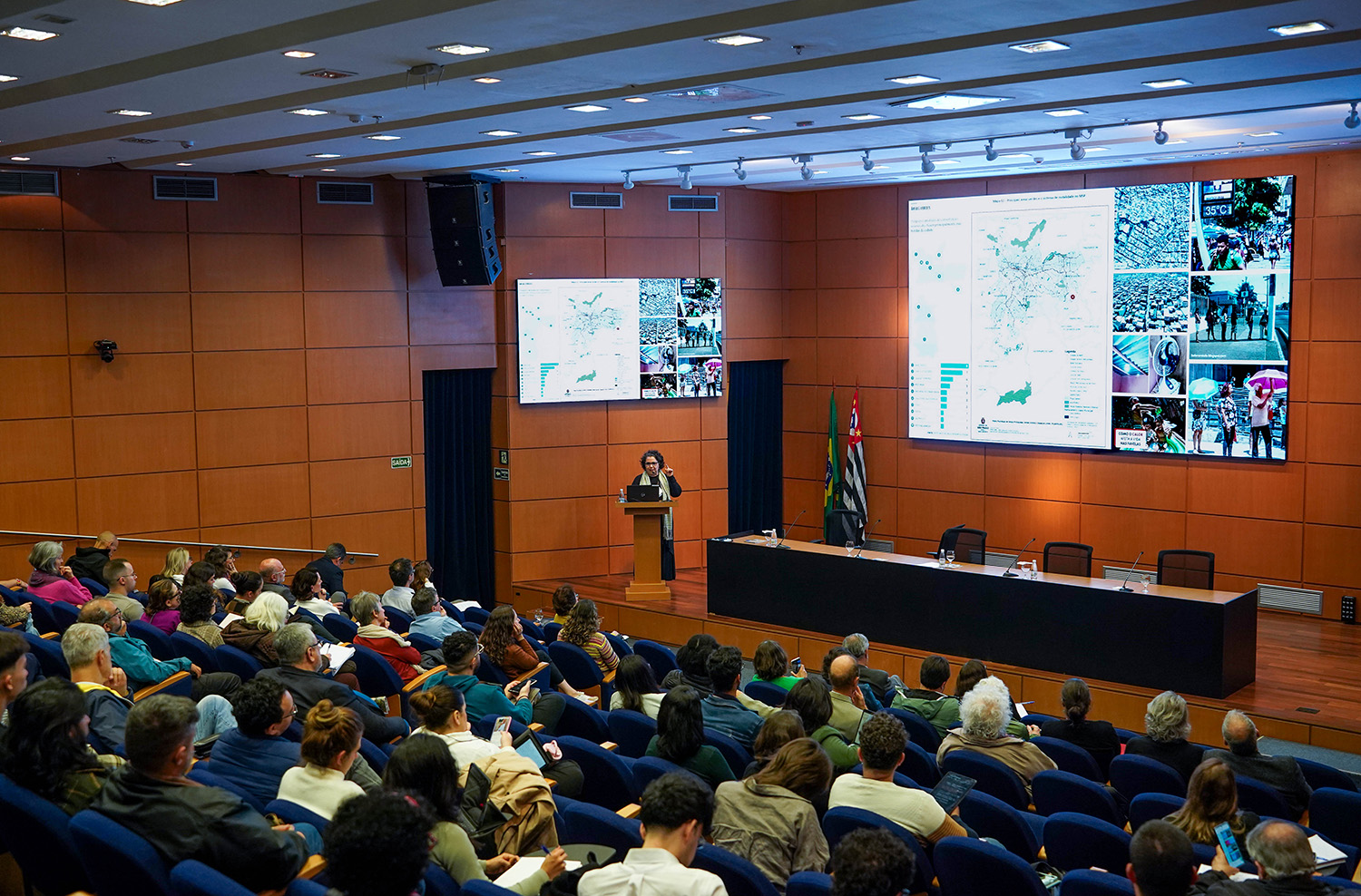
At the 7th FAPESP 2025 Conference, Denise Duarte, researcher at the University of São Paulo’s Faculty of Architecture, Urbanism, and Design, spoke about the need to map the impacts of extreme events on an individual scale and create urban thermal refuge areas in public spaces.

Insper is holding an event supported by FAPESP that will explore key areas for sustainable transformation. Register by August 15.
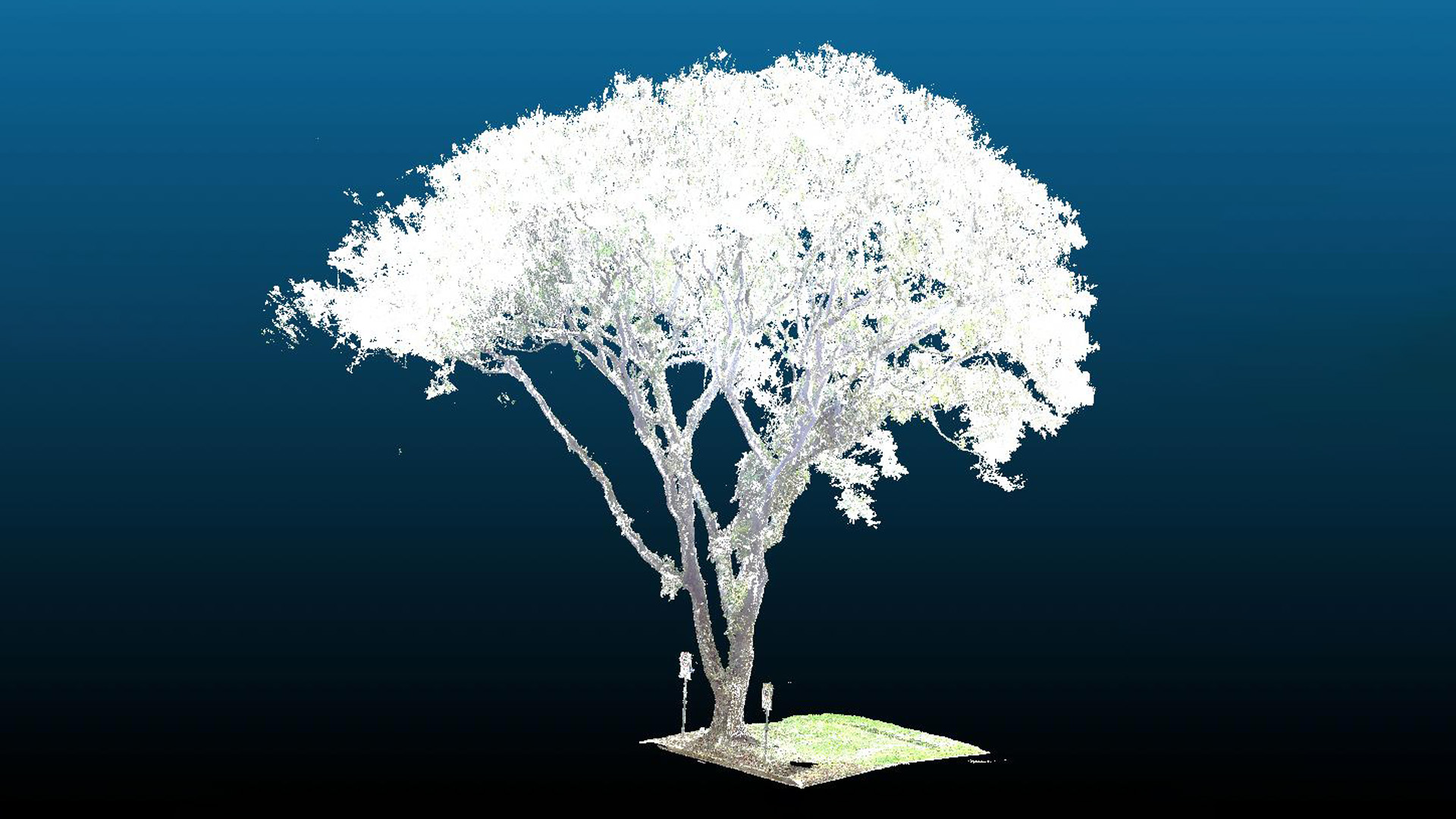
The technique uses laser equipment to scan and create three-dimensional images; the algorithm optimizes the cut, seeking to maintain the balance and health of the tree.
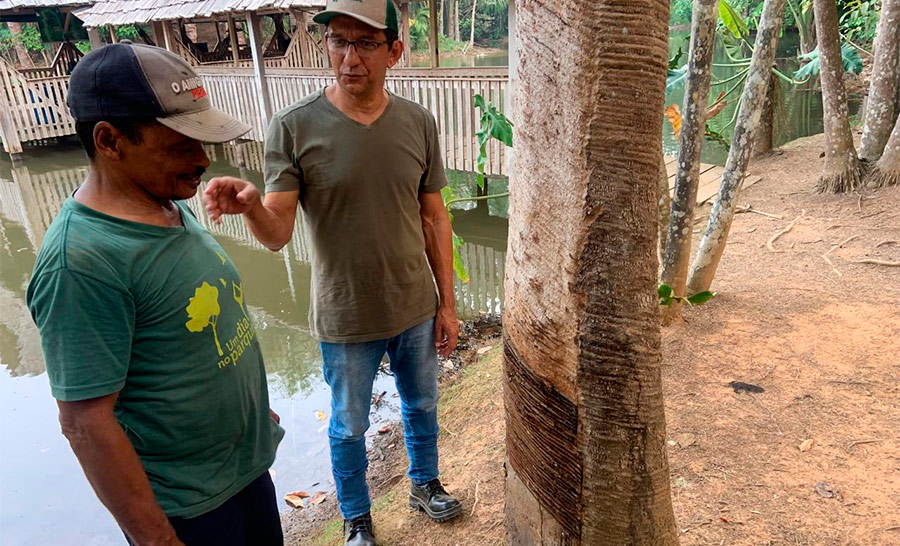
A project in the Chico Mendes Extractive Reserve shows that rubber provides adequate income to sustain livelihoods and conserve the forest. However, nut collection yields low pay, which contributes to the adoption of unsustainable practices such as extensive cattle ranching.
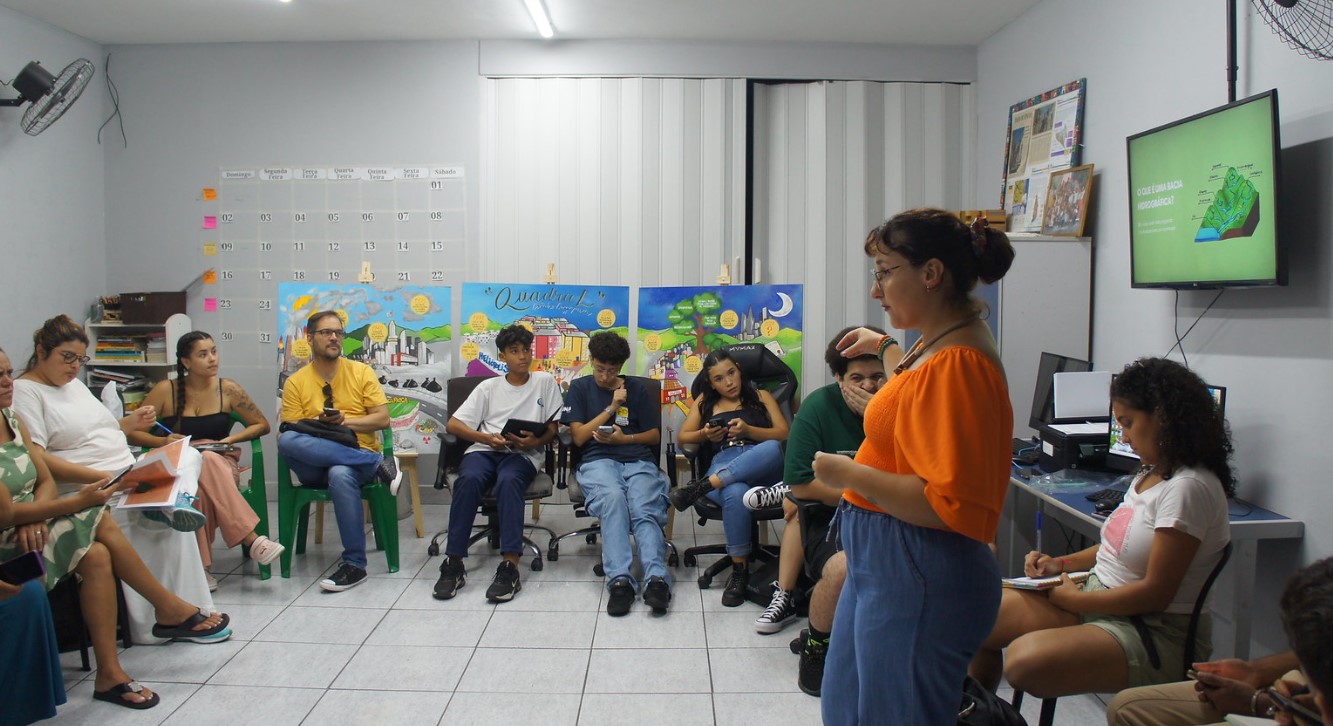
Booklet summarizes the results of a survey conducted by groups from the Center for Favela Studies and the Laboratory of Urban and Regional Studies and Projects of the Federal University of ABC; the material was presented to the community at a workshop held in February.
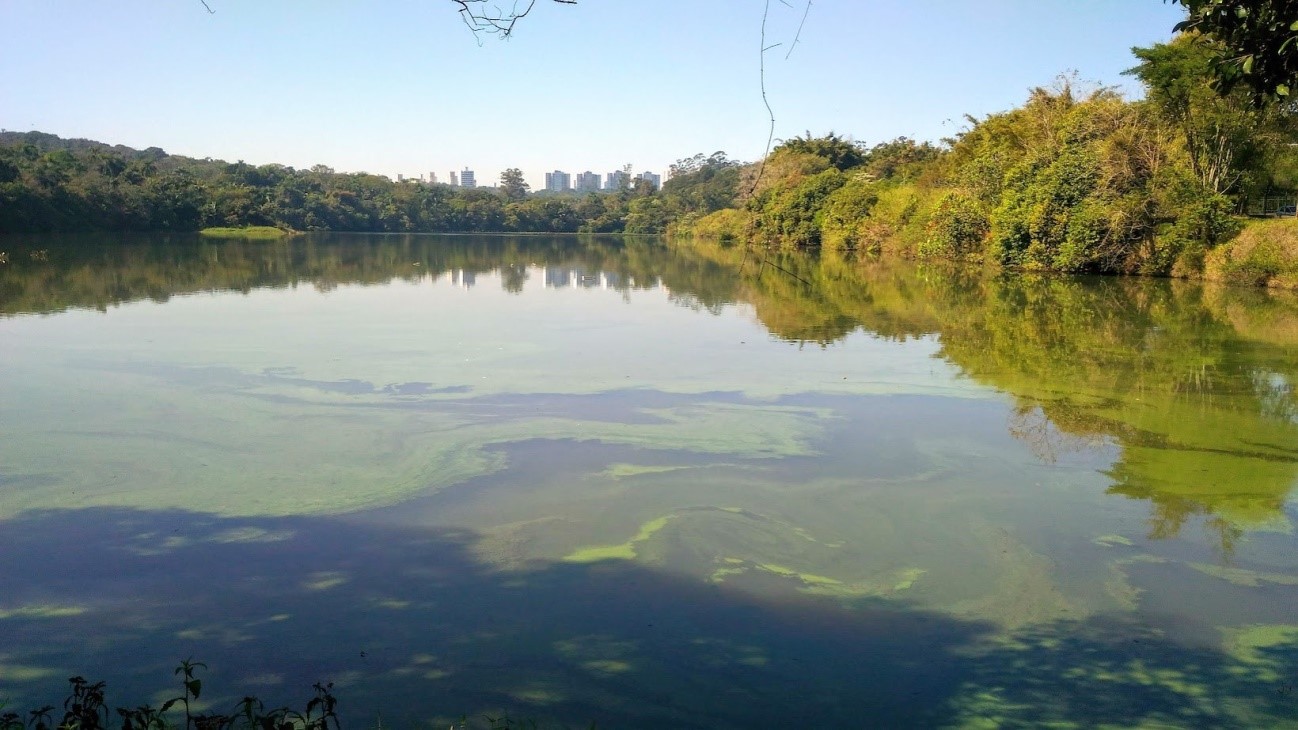
The samples were taken from the bottom of a lake in the Ipiranga Fountains State Park. The analysis showed a strong correlation between industrialization, population growth and increased concentrations of pollutants.
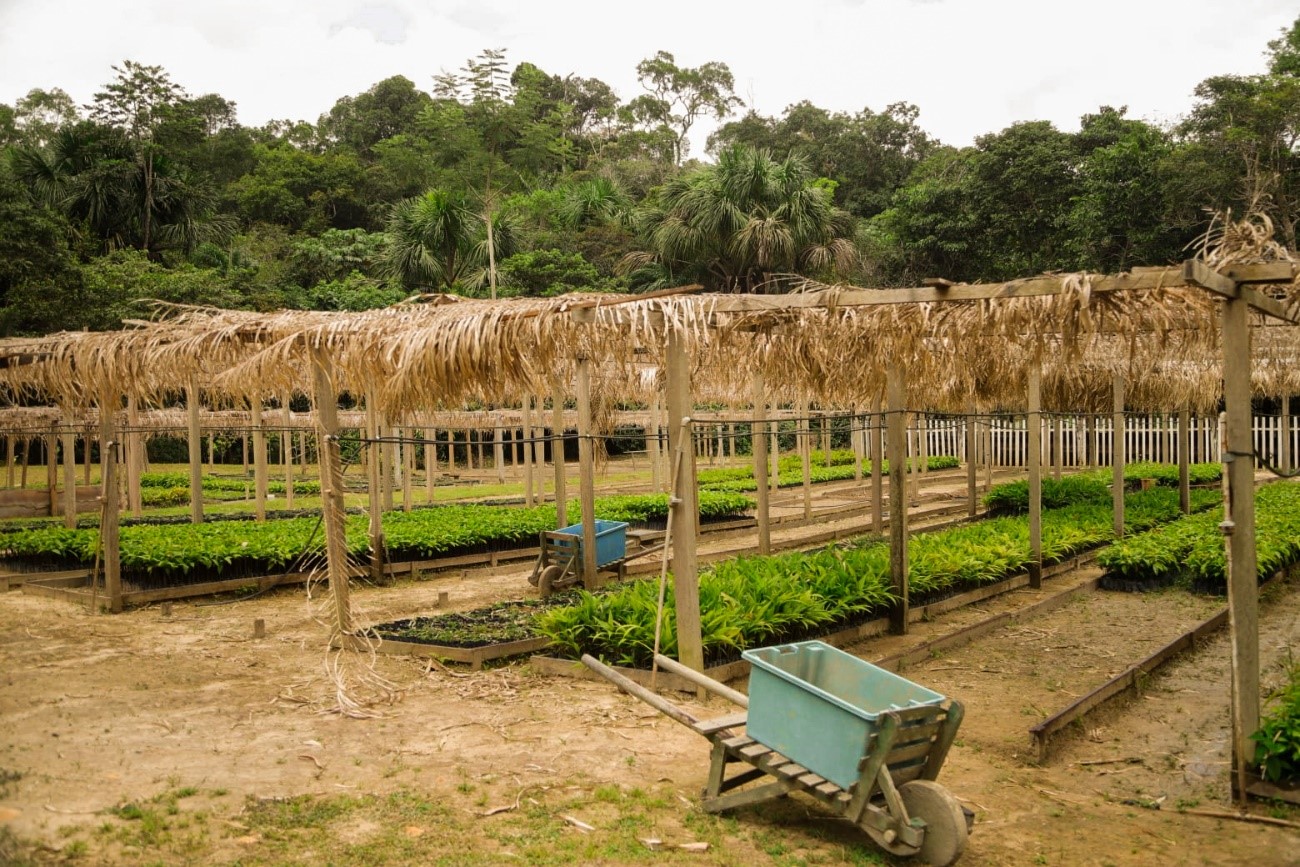
Experimentalist governance, which learns from practice itself, and valuing local communities and traditional knowledge are the strengths of the project, which reconciles environmental conservation with job creation and income generation.
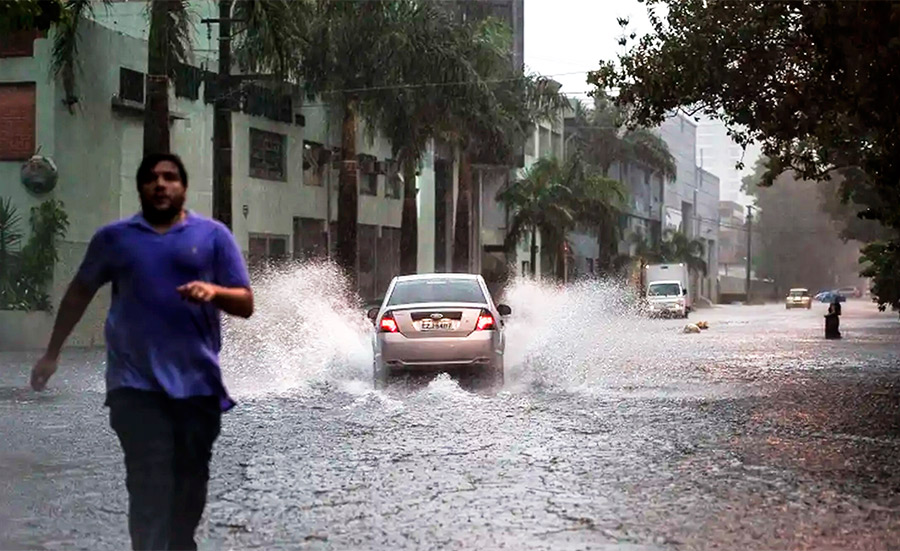
Research carried out at the Carbon Neutral Cities CCD, launched by FAPESP and the Technological Research Institute, will develop and apply technologies inspired by nature to increase urban resilience and mitigate greenhouse gas emissions.
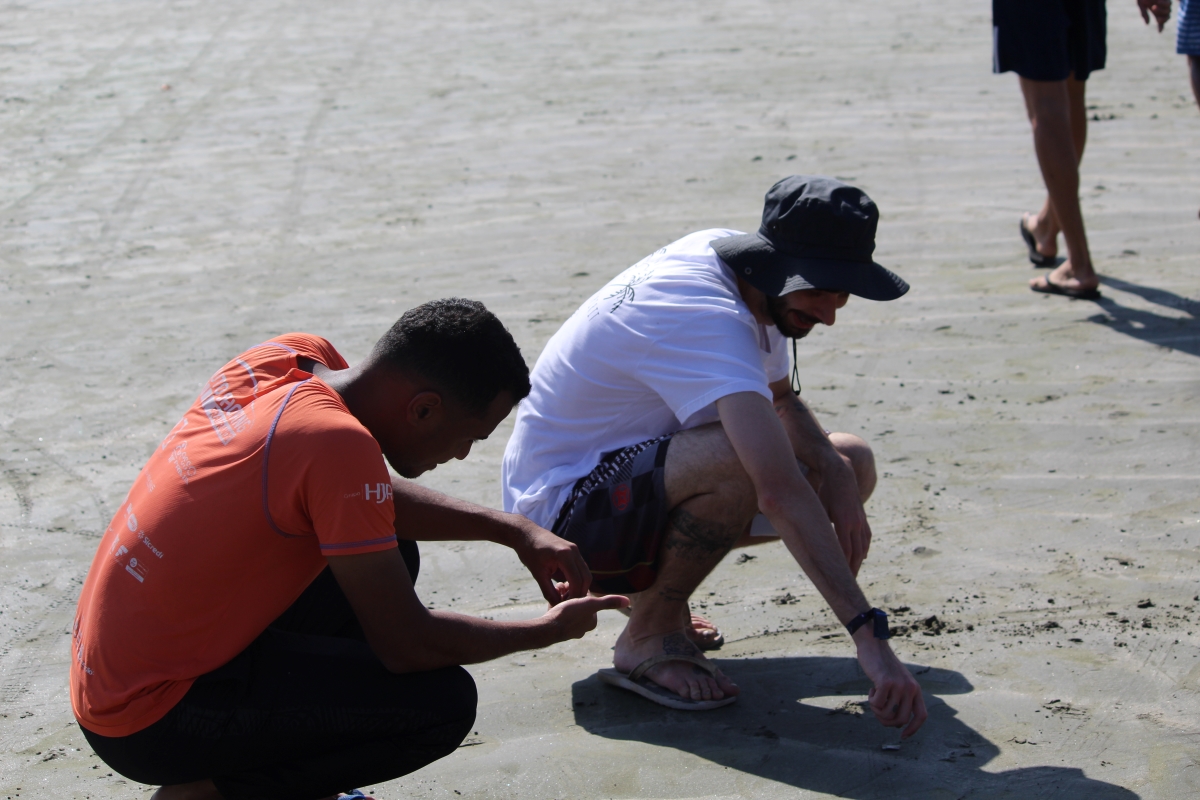
Researchers partnering with the City of Guarujá (São Paulo state) conducted a study that found a high level of contamination on Perequê Beach, with plastics and cigarette butts predominating. The results will be useful for policymakers to implement measures that can mitigate the problem.

The inventory identified some 1,000 landslide points in São Sebastião (São Paulo state, Brazil). The research group is now using airborne laser scanning and other data inputs to create a methodology capable of more precise results.
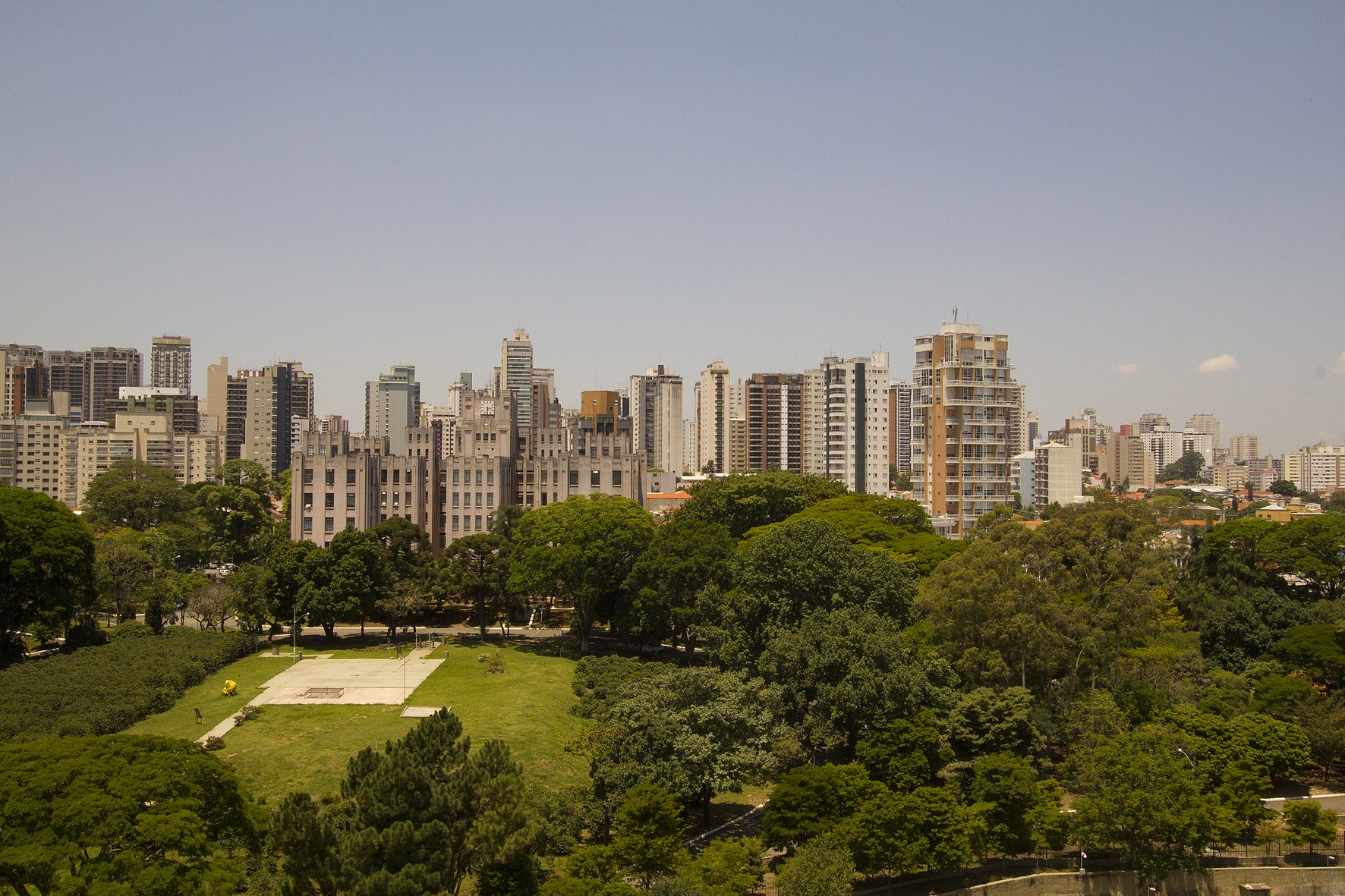
Designed for use by the academic and school community, the cartographic database totals 572 polygons, of which 48% are clubs and cemeteries.
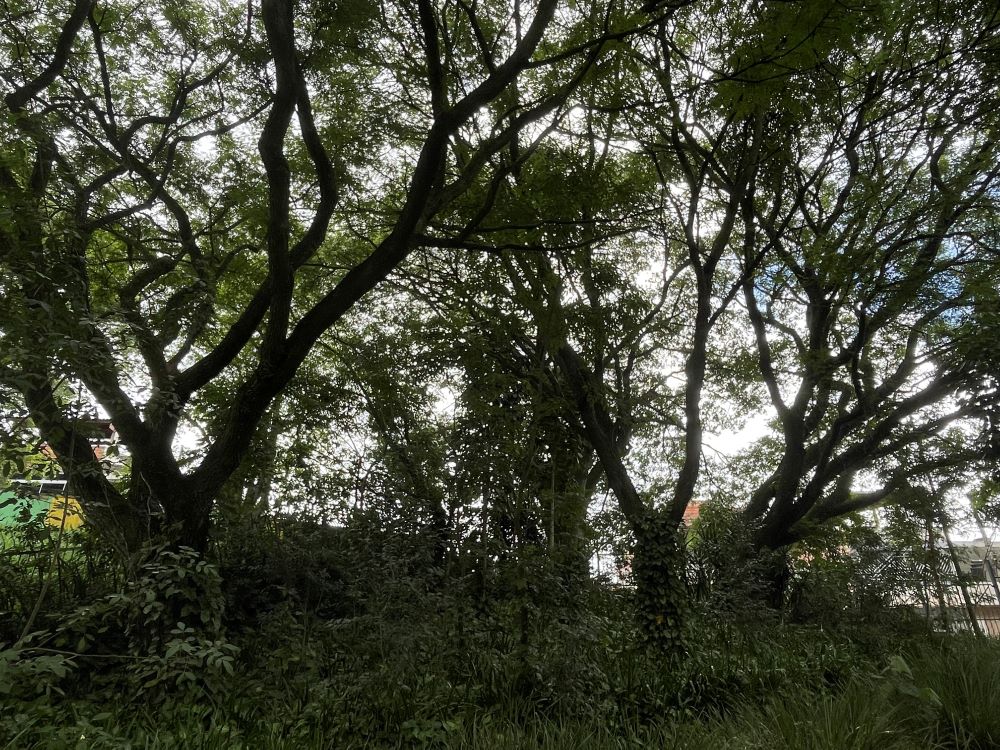
A study conducted at the University of São Paulo shows that Tipuana tipu grows faster at higher temperatures and can contribute to the city’s resilience.
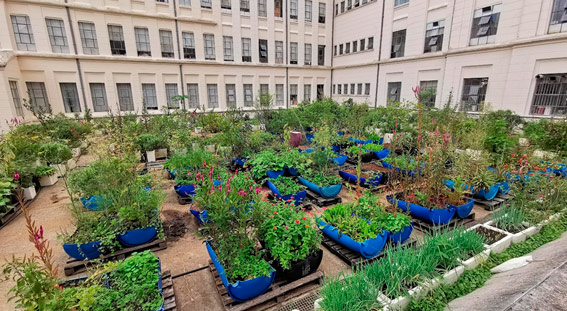
A study comparing solutions developed in São Paulo and Melbourne, Australia, highlights the huge potential for expansion in the Brazilian megacity.
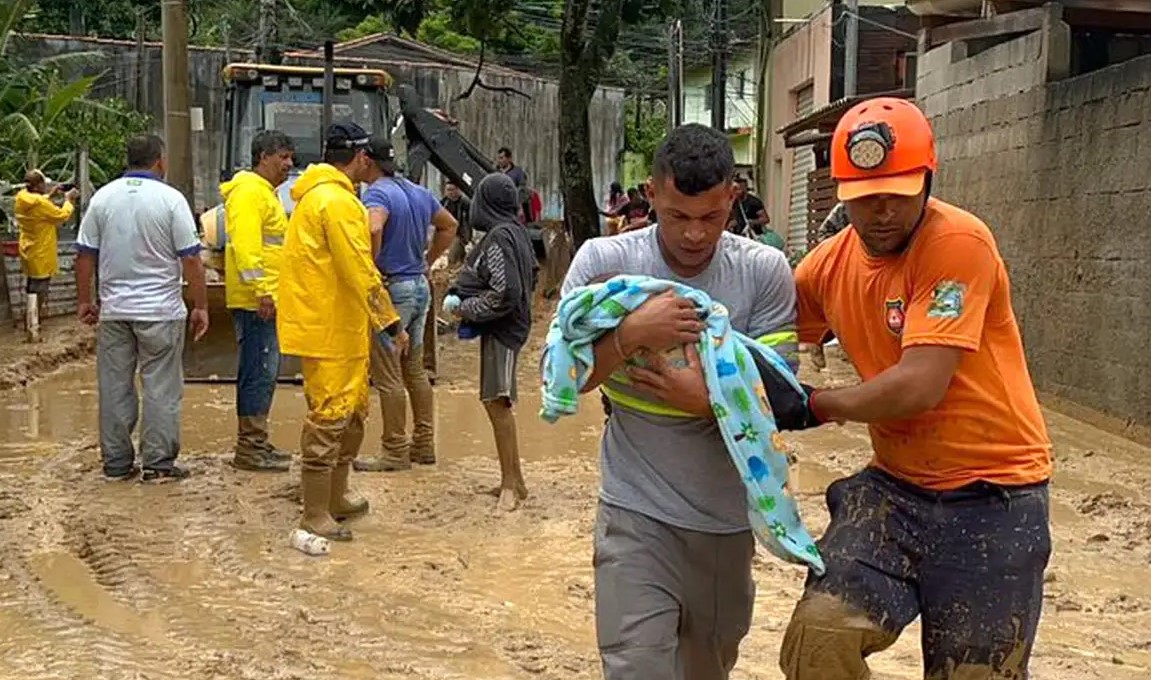
Researchers analyzed landslides caused by storms in São Sebastião (Brazil) in 2023, when at least 65 people died, and suggest involvement of the local community in contingency programs.
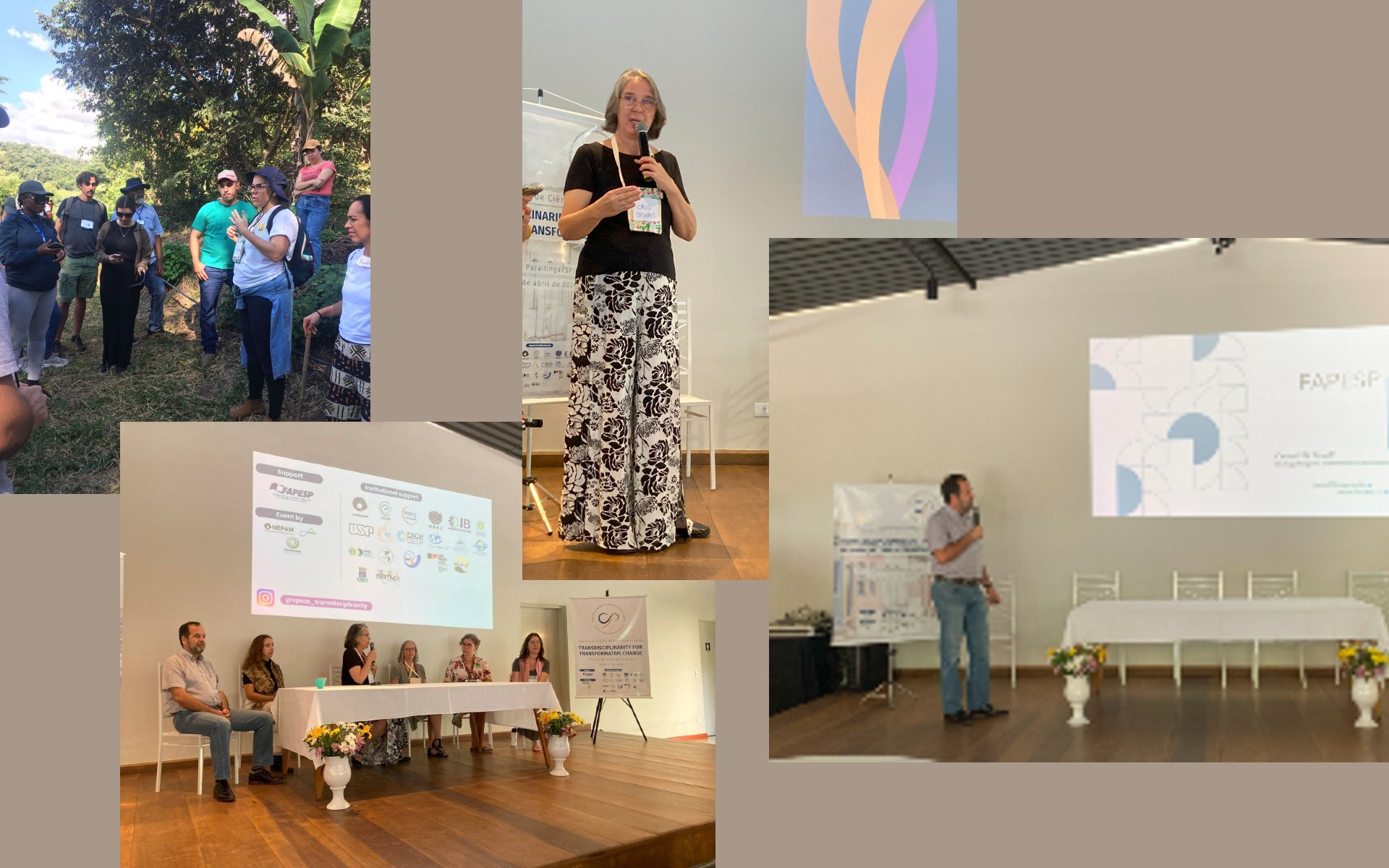
Focus on transdisciplinarity aims to foster participation by all stakeholders in efforts to address global change. The subject was front and center at an event held in April 2024 at a historic town in São Paulo state.